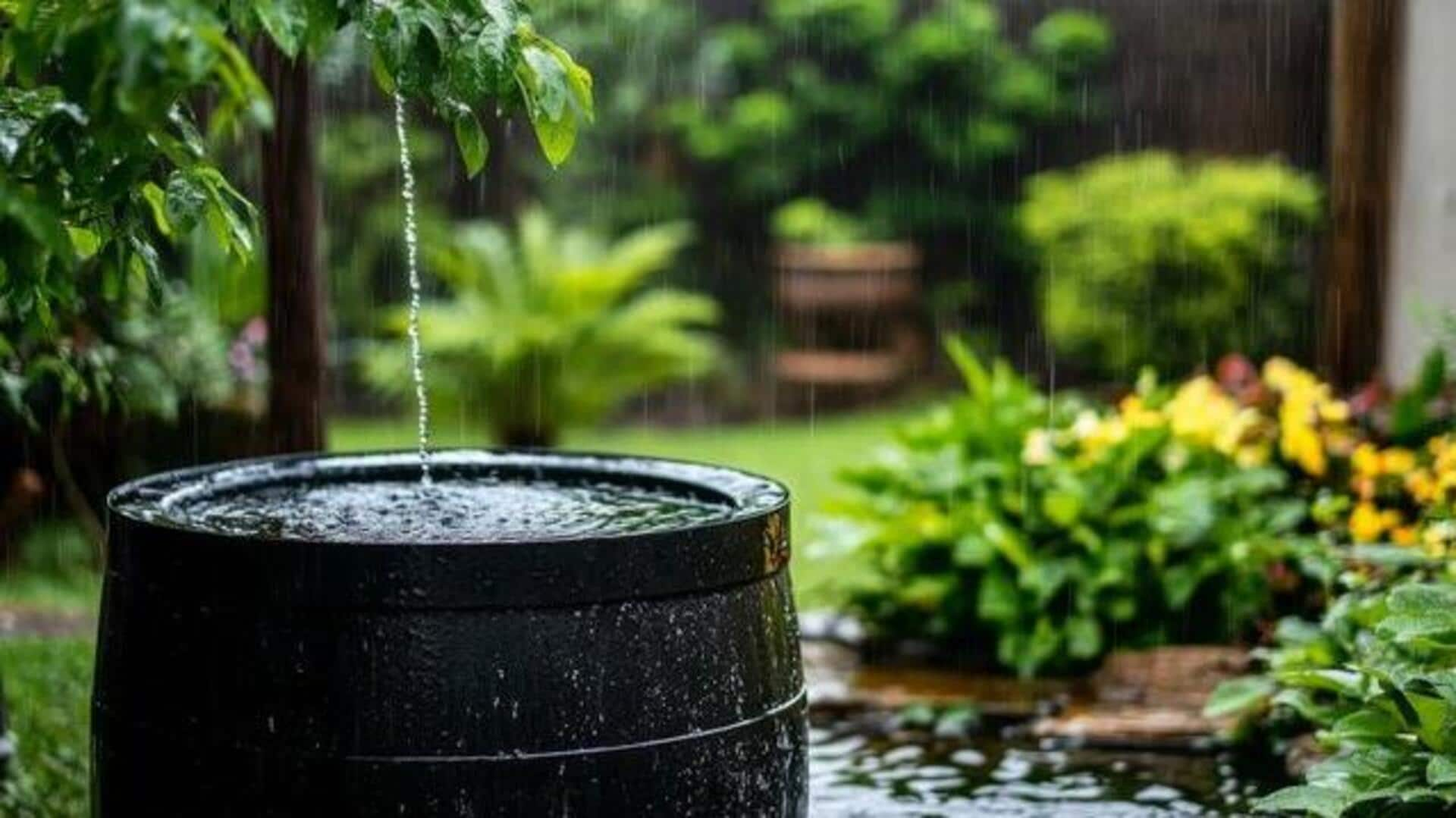
How to conserve water in your garden
What's the story
Water scarcity is a pressing issue in many parts of Africa, making efficient water use in gardens essential. Thankfully, implementing cost-effective water-saving methods can help maintain healthy gardens while conserving this precious resource. In this article, we explore practical strategies that can be easily adopted by gardeners across the continent to reduce water usage without compromising plant health.
Tip 1
Drip irrigation systems
Drip irrigation systems efficiently deliver water right to the roots of plants, reducing evaporation and runoff. These networks of tubes and emitters can provide a slow, steady supply of water. They are pretty cheap and can be set up using basic materials found at local hardware stores. With drip irrigation, you can cut your water consumption by up to 50%, keeping plants adequately moist without waste.
Tip 2
Mulching techniques
Mulching is the process of covering the soil with organic or inorganic matter like straw, wood chips or gravel. This technique retains soil moisture by preventing evaporation and thwarting weeds' growth that can compete for water. Mulch also moderates the temperature of soil, making it a more stable environment for roots to grow. Applying mulch is a low-cost solution to reduce frequent watering significantly.
Tip 3
Rainwater harvesting
Rainwater harvesting is the perfect solution to collect and store rainwater for your garden during dry spells. You can set up simple systems like rain barrels under downspouts or more elaborate ones with tanks and pumps. Collecting rainwater can reduce your reliance on municipal supplies and lower your utility bills, while giving your plants naturally soft water without chemicals found in tap water.
Tip 4
Drought-resistant plants
Selecting drought-resistant plants is another strategy to conserve water in gardens. These plants are adapted to survive with minimal watering once established, making them perfect for regions prone to drought conditions. Native species often require less maintenance and are better suited to local climates than exotic varieties, further enhancing their resilience against dry spells.
Tip 5
Soil improvement practices
Improving soil quality makes it retain moisture more effectively over time. Add compost or organic matter regularly into garden beds. It increases nutrient content as well as improves structure, allowing better absorption capacity. Thus, reducing the frequency needed when irrigating. This leads towards sustainable gardening efforts overall, benefiting both the environment alongside personal budgets alike!